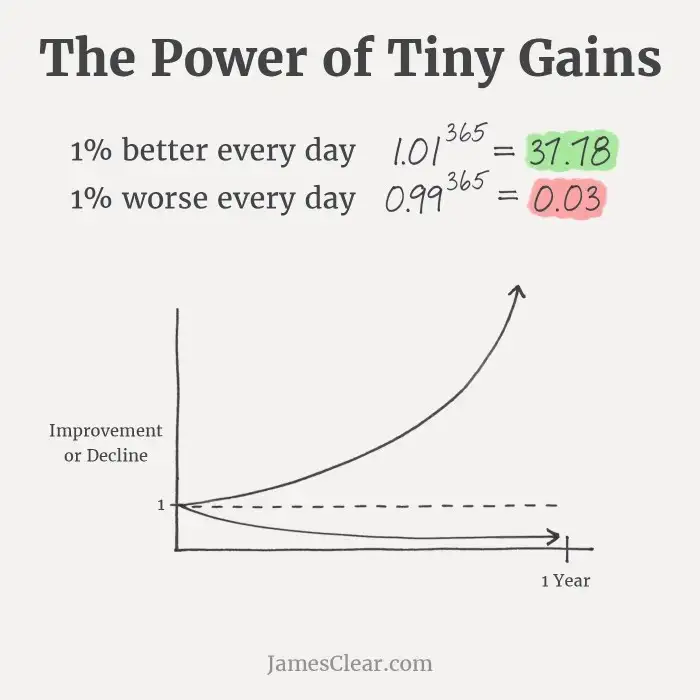Dear foodies,
Anxiety, control, and procrastination aren’t good things.
The concept of “letting go,” even though it’s exactly what we need to do to be happy and successful in our lives, can feel scary to many people, including myself, who have experienced trauma.
These go-to protections limit our growth and development, like many things we do to protect ourselves. They keep us in ditches.
DISCLAIMER:
The content on the site is for informational purposes only, and doesn’t substitute professional medical advice. If you think that you are struggling with a medical disorder, please reach out to a professional to confirm your diagnosis.
Season of pruning
Anxiety is a normal flight-or-fight reaction to perceived danger. It keeps us alive when danger looms.
When there is no threat, but only anxiety, it tells us something isn’t working for us physically or emotionally. And in my personal experience, this means only one thing:
It’s time for pruning.
I’m writing this post because lately, I find myself constantly struggling with struggle. My need to have complete control over my life frequently causes me difficulty.
Several weeks ago, a friend shared how “trying to control a situation restricts the outcome.”
I had never considered it that way. I suddenly understood how trying to achieve the result I wanted had limited me. How many chances did I pass up because of that self-defeating notion?
Controlling my environment has fed me with feelings of safety throughout my life, but what happens if that stability begins to fall apart? I follow the same course of action.
I believe it all starts in childhood. Many of us spent our formative years in chaotic or hazardous environments. The fact that we had no control over anything was frightening. Now, as an adult, you find that control equals safety.
This is undoubtedly true in my life, and I experience fear when things begin to unravel beyond my control.

Pruning your life for growth
The first step to pruning your life’s weak branches is recognizing what needs cutting away.
The second step is knowing how to cut it without causing more damage than necessary.
And finally, once you’ve made your cuts, it’s important to know how to care for those wounds so they can heal properly.
Letting go does not mean denying yourself closure, pretending as if nothing ever occurred, ignoring abuse, or forgetting what happened.
It means the following to me:
- Moving forward from whatever pain you have experienced so that you can live your life fully and freely again
- Saying “yes” to the things that make you happy and “no” to the things that don’t
- Setting boundaries with people who aren’t good for you, changing habits that hold you back, and giving up control where appropriate and safe
Although you still have control, it is now conscious control motivated by respect (and not unconscious control brought on by fear).
To overcome anxiety, procrastination, and control issues, self-care is vital since it teaches us how to take charge of our own lives. I’ve lately started using the following techniques to manage my anxiety, procrastination, and control issues:
- Learning about other ways of coping
- Letting go of expectations
- Prioritizing processes over results
- Allowing time for rest
#1 Learn about other ways of coping
Here’s an overview of some effective coping strategies for anxiety sufferers:
- Take time each day to reflect on how you feel physically, mentally and emotionally—are there any patterns? Are these feelings caused by a particular person or place?
- Allow yourself to take a step back from whatever situation is causing your stress or anxiety. Try not to think about it or engage with it at all. Instead, focus on something else that makes you happy or relaxes you.
- Coping with your feelings when they arise is key to managing anxiety. If you notice yourself feeling anxious, take a few deep breaths and tell yourself you’re okay. Use positive self-talk throughout your day—if things start getting overwhelming, tell yourself you can handle it.
- Breathe deeply and stay calm until your anxiety subsides.
If these techniques don’t work right away, don’t panic. Try different methods until you find one that eases your anxiety.
Being mindful, i.e., being aware of what is going on without judging it as good or bad, is another approach many people use.
Try meditating every day while concentrating solely on your breath and being in the present. When thoughts do arise, simply recognize them before shifting your attention back to your breathing.
Keep in mind that practicing mindfulness doesn’t always require you to sit quietly for long periods. It can simply also mean going for a walk. In addition to facing your concerns head-on, relaxation is a crucial part of controlling anxiety.

#2 Let go of expectations
It’s challenging to let go of someone or something when we have expectations of them. We have problems when we believe we are entitled or that something will turn out a certain way.
It’s crucial to let go of expectations, both our own and other people’s, to get rid of anxiety and control problems.
You can start taking responsibility for your actions instead of putting your attention on others once you accept what happens rather than what you wish would happen.
This allows you to move forward without worry, guilt, or regret. Don’t get me wrong, you’ll still experience unfavourable emotions like sadness when bad things happen, but they won’t hold you back in life and that’s the most important part.
See it as an act of self-love. You’re trusting yourself to handle what comes next, even if you don’t know exactly how yet.
The truth is that we never really know how things are going to turn out, all we have is right now and our ability to choose how we respond in the current moment.

#3 Focus on processes, not results
In every scenario, there are things we can control and others we can’t.
Focusing on how you can control your anxiety.
For example, rather than worrying about whether you’ll get a specific job, focus on sending enough applications and doing your best during interviews until you find one that feels like a good fit.
Confronting these feelings is scary at first but ultimately makes them easier to manage in the long run. This also applies to relationships and other areas of your life where it might be difficult to stay positive.
If you’re struggling with procrastination, list three steps you can take right now toward achieving your goal. Once those three things are done, even if they don’t feel monumental, move on to three more.
It might not seem like much, but accomplishing small tasks help us feel more in control and less anxious.
With my writing goals this year, I find myself getting stuck because I want everything to be perfect and to sound a particular way before showing anyone anything—and nothing then gets published.
Every recent article written for “Food For Thought”, including this one, has been me forcing myself to start sending pieces to my editor even when I felt they weren’t ready.

#4 Allow yourself to rest
Allowing yourself to rest is one of the most important things you can do to manage anxiety.
Any time you feel overwhelmed or worried about losing control over a situation, step away for a moment.
Allow yourself time to recover physically and emotionally. If there’s an important task at hand that needs doing—do it on your terms.
Don’t worry if others are depending on you, they have their own lives to live. Take care of yourself first so you can be strong enough to take care of them.
Trying to do too many things at once is one of the biggest reasons we fall prey to anxiety, stress, or even burnout.
And I’ve been there, done that, gotten the t-shirt.
Prioritize your goals instead of trying to manage everything all at once.
Once you have a goal in place, take it step-by-step until you achieve it. This way, if something comes up along the way (like anxiety), you can pause and put your attention back on what matters most.

Perfectionism — the root of it all
Perfectionism is unproductive.
It kills creativity and prevents us from overcoming anxiety or procrastination when we’re stuck because of self-doubt or a sense that something isn’t good enough.
If you want to overcome your fear of failure, you have to embrace imperfection.
When you do, you can move forward with confidence and create more art.
Most importantly, know you’re not alone.
The world is full of people who struggle with anxiety, control issues, procrastination, or some combination of all three.
There are ways to manage these feelings and patterns — it just takes a little practice and patience.
If you’re ready for a better life—free from debilitating anxiety, control issues, or procrastination—then I hope my insights above will help you.
It’s time to take your power back and live your best life possible, let’s do some mental spring cleaning.
Love and light,
Chef Lee
— Thank you for reading Food For Thought — a newsletter where I explore food and mental health.
If this issue resonated with you, feel free to share it with someone who’d find it useful.
I run a creative food agency and host regular cooking classes. Check out my website for more or email me for help with your next event.
Special thanks to Dr. Shehu for helping with editing this piece. He offers content marketing and business coaching for entrepreneurs — book a coaching session with him to grow your business.
See you again next week. x